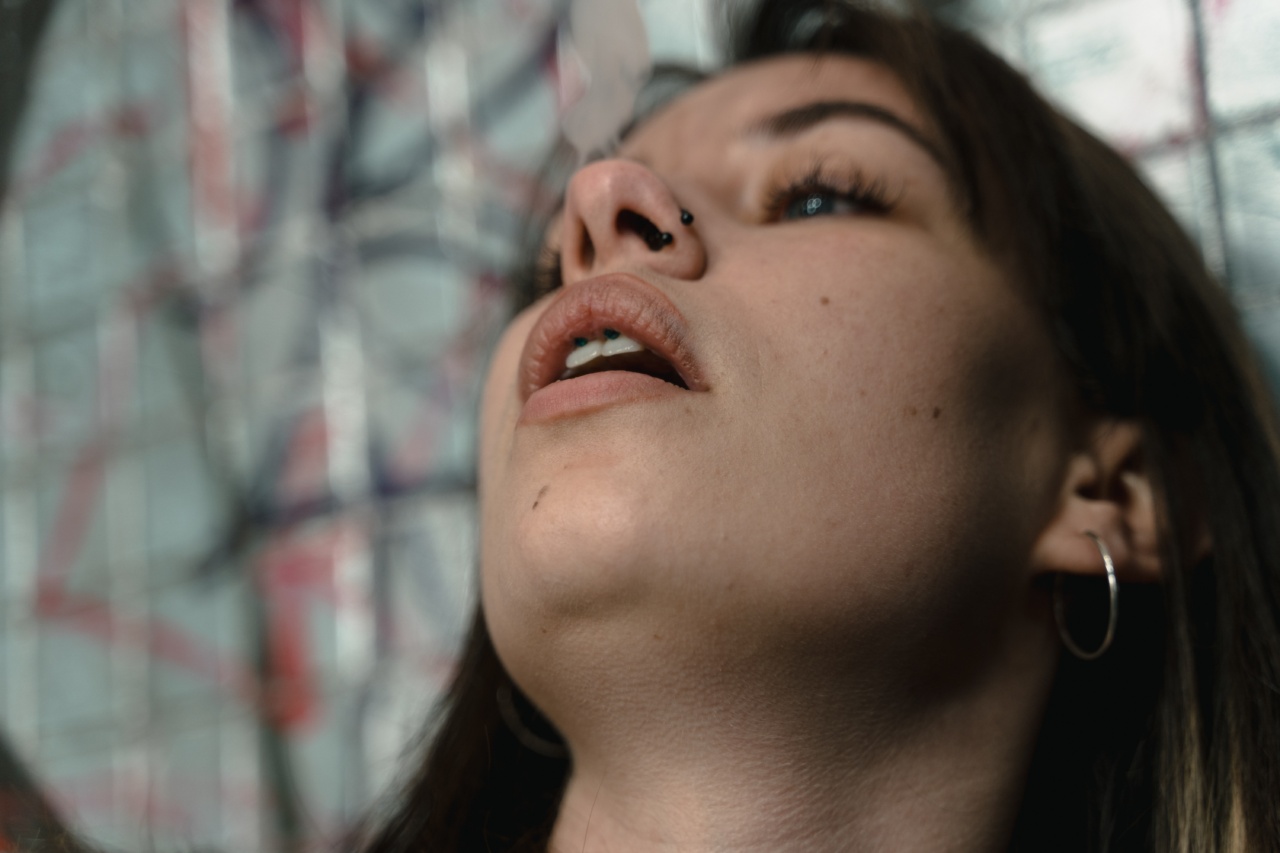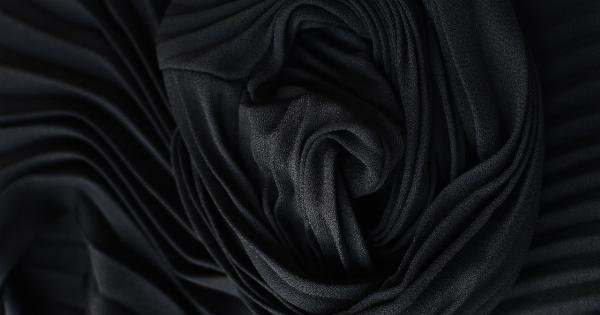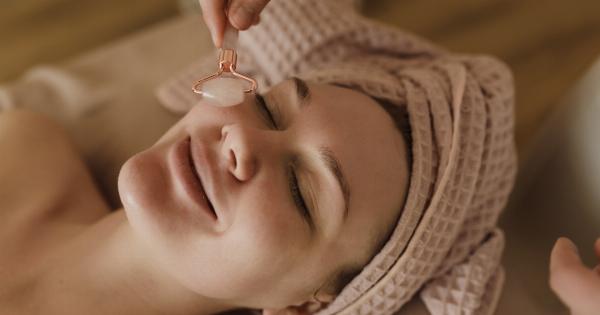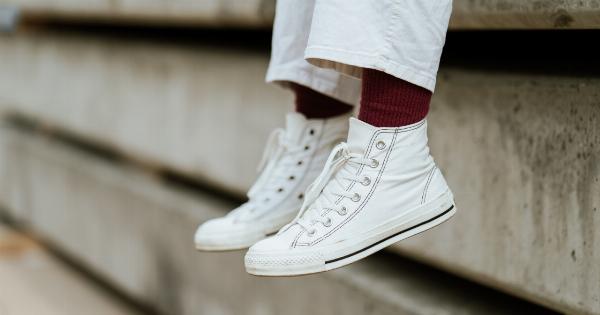Hair loss can be a distressing experience for both men and women. It can affect one’s self-esteem and confidence levels.
While there are various causes of hair loss, including genetics, hormonal changes, and nutritional deficiencies, there are effective drugs available that can help slow down or even reverse the process. In this article, we will explore some of the best drugs for hair loss treatment.
1. Minoxidil (Rogaine)
Minoxidil, commonly known by its brand name Rogaine, is a widely used over-the-counter medication for hair loss treatment. It is available as a topical solution that needs to be applied to the scalp twice daily.
Minoxidil works by promoting hair growth and increasing the size of hair follicles.
2. Finasteride (Propecia)
Finasteride, sold under the brand name Propecia, is an oral medication that is primarily used to treat male pattern baldness.
It works by inhibiting the conversion of testosterone to dihydrotestosterone (DHT), a hormone that can shrink hair follicles and lead to hair loss. Finasteride can effectively slow down hair loss and stimulate hair regrowth in many men.
3. Dutasteride (Avodart)
Dutasteride, also known by its brand name Avodart, is another oral medication used for the treatment of hair loss in men. It works similarly to finasteride by blocking the conversion of testosterone to DHT.
Although dutasteride has shown promising results in hair regrowth, it is not yet approved by the FDA specifically for treating hair loss.
4. Ketoconazole (Nizoral)
Ketoconazole, commonly found in the medicated shampoo Nizoral, is an antifungal medication that can also help mitigate hair loss. It works by reducing the production of DHT and has anti-inflammatory properties that can soothe the scalp.
While ketoconazole may not directly stimulate hair regrowth, it can enhance the effects of other hair loss treatments.
5. Spironolactone
Spironolactone is a prescription medication primarily used to treat high blood pressure but has also shown positive results in treating hair loss, especially in women.
It works by reducing the production of androgens (male hormones) that can contribute to hair loss. However, spironolactone is not recommended for use in men due to its potential feminizing side effects.
6. Corticosteroids
Corticosteroids, available in topical or injectable forms, are powerful anti-inflammatory drugs that can help combat hair loss caused by inflammation or autoimmune conditions.
They work by suppressing the immune response and reducing inflammation in the scalp, allowing hair follicles to regenerate and thrive.
7. Biotin (Vitamin B7)
Biotin, also known as vitamin B7, is an essential nutrient for healthy hair growth. While it is not a prescription drug, biotin supplementation can promote hair regrowth in individuals with biotin deficiencies.
Biotin helps strengthen the hair follicles and improves the overall health of the hair, reducing breakage and hair loss.
8. Caffeine-Based Products
Caffeine-based products, such as shampoos and topical solutions, have gained popularity for their potential to stimulate hair growth. Caffeine promotes blood circulation to the scalp, which can enhance hair follicle activity and support hair regrowth.
These products are often used as adjuncts to other hair loss treatments.
9. Platelet-Rich Plasma (PRP) Therapy
Platelet-Rich Plasma (PRP) therapy involves using the patient’s own blood plasma, rich in growth factors, to stimulate hair regrowth.
The plasma is extracted and then injected into the scalp, encouraging hair follicle activation and new hair growth. PRP therapy has shown promising results in both men and women with various types of hair loss.
10. Laser Therapy
Laser therapy has emerged as a non-invasive option for hair loss treatment. Low-level laser devices, such as helmets or combs, emit red light that stimulates blood flow to the scalp and energizes hair follicles.
This helps promote hair growth and prevent further hair loss. Laser therapy can be used as a standalone treatment or in combination with other medications.
Conclusion
When it comes to hair loss treatment, there are several effective drugs available to slow down the process or even promote hair regrowth. Minoxidil, finasteride, and dutasteride are popular medications that can be used to combat male pattern baldness.
Ketoconazole, spironolactone, and corticosteroids have also shown positive results in various types of hair loss. Additionally, biotin supplementation, caffeine-based products, PRP therapy, and laser therapy can provide beneficial results.
Consultation with a healthcare professional is crucial to determine the underlying cause of hair loss and to determine the most suitable treatment plan.


























